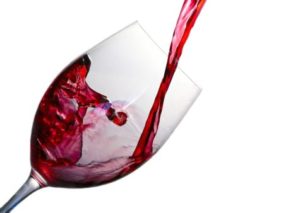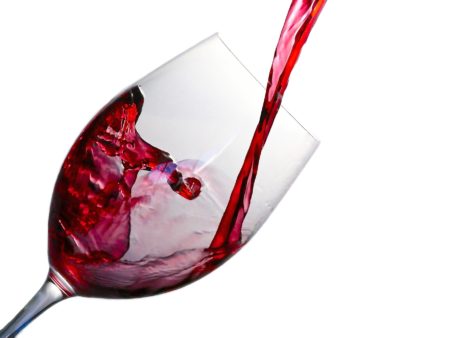BLACKSBURG, Va. — Scientists at the Virginia Tech Carilion Research Institute have found that a compound in red wine has similar health benefits to following a low-calorie diet and exercising regularly.
The researchers found that the compound resveratrol is effective at preserving muscle fibers as we age, though they warn that red wine only offers a minimal amount to drinkers.
Resveratrol is already known to have health-related benefits, with previous studies linking the compound to a reduced risk of cancer, but the latest research could be of particular interest to older adults with mobility issues.

“We all slow down as we get older. Gait, balance issues, and impaired motor coordination contribute to health problems, accidents, lack of mobility, and a lower quality of life,” says Gregorio Valdez, an assistant professor at the Virginia Tech Carilion Research Institute, in a university release. “We work on identifying molecular changes that slow down motor deficits that occur with aging. I believe that we are getting closer to tapping into mechanisms to slow age-induced degeneration of neuronal circuits.”
To test out the benefits of resveratrol, the researchers treated mice considered to be “old” with it for a year. They were specifically looking to see how the synapses called “neuromuscular junctions” were affected by resveratrol, as Valdez discovered previously that a low-calorie diet and exercise have been found to protect those synapses from aging.
This latest research found the compound offers similar advantages.
Resveratrol is found in red wine, however, not in significant amounts — so drinking wine might not be the best way to get it, warns Valdez.
“In wine, resveratrol is in such small amounts you could not drink enough of it in your life to have the benefits we found in mice given resveratrol. These studies are in mice and I would caution anyone from blasting their bodies with resveratrol in any form,” he says.
More research is planned to continue piecing together the connection.
“The next step is to identify the mechanism that enables resveratrol to protect synapses. If we know the mechanism, we can modify resveratrol or look for other molecules that are more effective at protecting the synapses,” says Valdez.
The study was published this month in The Journals of Gerontology, Series A: Biological Sciences and Medical Sciences.

Comments
Comments are closed.